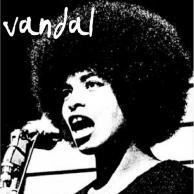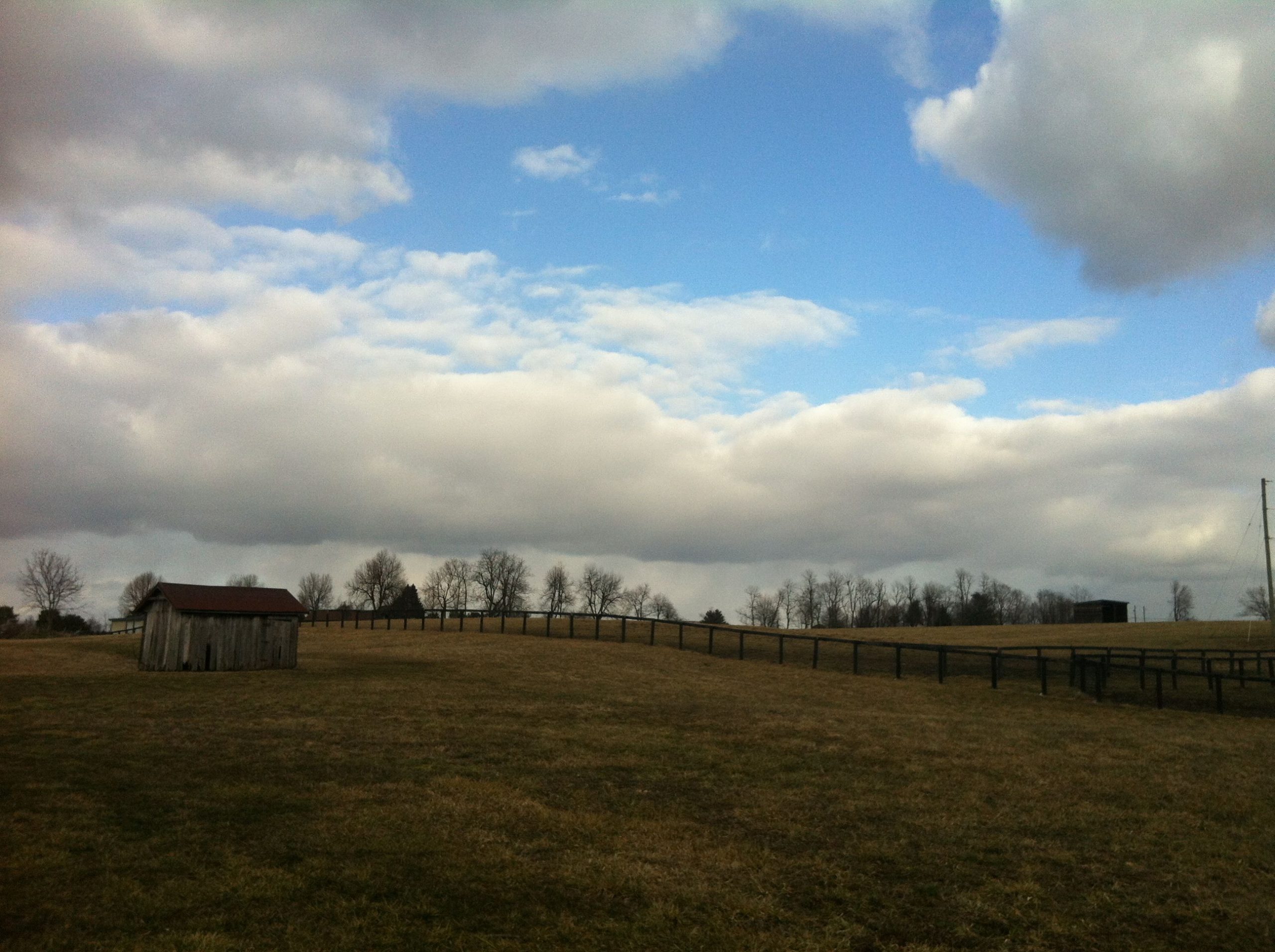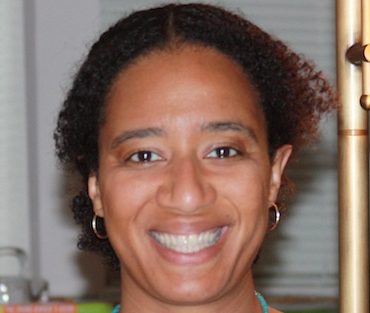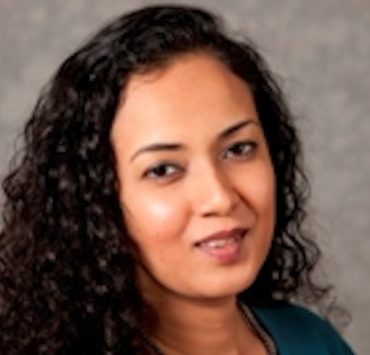
Read Aisha Gawad’s “When My Father Was A Child”
1. What about your work (creative, activist, etc) excites you the most?
Well, I’m in the midst of writing a novel, which is a long and arduous process, so it’s hard to feel excited most days. But I can tell you what excites me as a reader—language that feels invigorating and fresh, surprising and challenging. And I like writers that aren’t afraid to tackle politics, however subtly done; I like stories where the stakes are high. So I aim to accomplish both those things in my own writing, and some days I succeed, which is exciting, and some days I fail. But that’s the nature of the game.
2. Can you share with us some artists/ writers that are currently impacting the way you think and live? That inspire/motivate you and you feel are significant?
Right now, partly because I’m teaching a class on this, I’ve been reading contemporary writers from Arab countries that have recently undergone uprisings (the supposed “Arab Spring”). I’ve been trying to get my hands on fiction and poetry that has been published in the past five years. I’ve been reading Kamel Riahi from Tunisia, who writes a lot about racism within Tunisian society and how racial tensions between civilians are strategically exacerbated by the ruling regime. Khaled Mattawa, Libyan-American, is a poet who deals with the unique aspects of being exiled and estranged from a country that oppresses you—that strange mixture of longing and loathing for a homeland. And I’ve been reading a lot of women writers from Egypt—Ahdaf Soueif, Radwa Ashour, Nawal el-Saadawi, Hala el Badry, etc, who deal with gender relations in Egypt in a way that complicates the stereotype of Arab women falling into one of two categories: the oppressed and submissive or the liberated and rebellious.
4. Vandal‘s new issue is food and migration: A recipe that represents home or you?
My mother’s Shepherd’s Pie. She emigrated from Scotland 30 or so years ago but every time she makes it, it always tastes to me of old-fashioned Scottish values: humility, stoicism, heartiness.
5. Do you want to share anything else about the work featured in Vandal: For example, what inspired it? A context? What next?
During the uprising in Egypt, my father and I were of course glued to our television and computer screens. And one day, when we were sitting watching the crowds at Tahrir Square, he told me a story about how back when my dad was conscripted into the Air Force (during the war of 1973) Mubarak, then a general in the Air Force, used to drop by unannounced at my father’s base to inspect the troops. I couldn’t believe he had never told me that story before and Mubarak’s behavior as a general inspecting the troops seemed like a perfect metaphor for the Egyptian people’s complaints about him as dictator in 2011.
6. What are you working on right now? Why now?
I’m working on a novel about the Arab-American community in Bay Ridge, Brooklyn. It centers on a mixed-race family—the father is Egyptian and Muslim, the mother is white-American and originally a Catholic before she converts to Islam. The family is trying to navigate in this post-9/11 Brooklyn where surveillance and paranoia are a part of daily life. I feel compelled to write this now because I think this is a defining moment for the Muslim-American community—a moment in history when Muslims are being strategically targeted, observed, and detained by our government. I think this experience, which is of course not unique to Muslims, is creating interesting changes in the way Muslim and Arab-American communities relate to and work with other marginalized communities-of-color. It’s putting them in dialogue in new ways with Latino and Black communities, for instance, which I personally think is a heartening and inspiring development in solidarity.
8. Do you have any special rituals, or is writing something you just have to hunker down and do?
I listen to music, the same song on repeat and with the volume up high. The song depends on what the mood of the scene I’m about to write is. It helps me get in the zone. But other than that, you just gotta hunker down and do it.
9. At what point do you feel comfortable giving drafts to other people to read? When do you know something is finished?
I never feel comfortable. Sharing my writing usually feels as if I’m going against an instinct to hoard and protect the work, but as a writer, you have to get past that and share the work. I try not to share drafts until I’m relatively sure on my intentions for a piece—when I know what I want to accomplish and what I’m not willing to sacrifice in the piece. That way, you know what advice to take and what advice to ignore.
Aisha Gawad is currently in the MFA Program at Cornell University. She is at work on a novel about Arab-Americans in Bay Ridge, Brooklyn.








